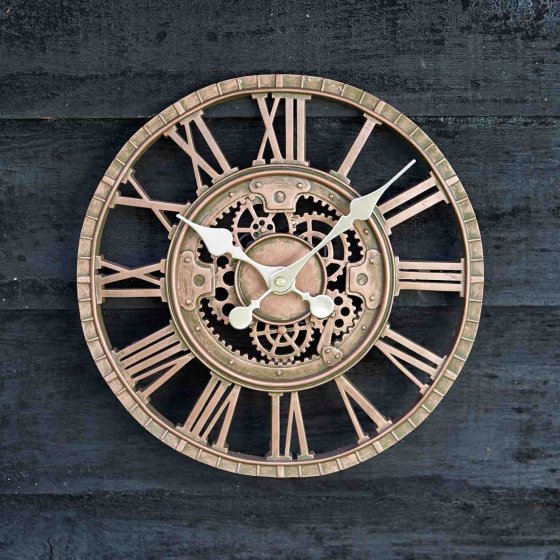The invention of the mechanical clock marked a significant period in human history. Prior to its introduction, people used sundials, water clocks, and other primitive devices to tell time. However, the mechanical clock revolutionized timekeeping and paved the way for modern timepieces that we use today.
The Origins of the Mechanical Clock
The mechanical clock is believed to have originated in Europe during the 13th century. The first known mechanical clock was built in 1283 by Richard of Wallingford, an English monk. The clock was installed in St. Albans Abbey and featured an astronomical dial that displayed the position of the sun, moon, and stars.
The Renaissance of Mechanical Clocks

The Renaissance period brought about a renewed interest in science, mathematics, and technology. This led to the development of more sophisticated mechanical clocks that were more accurate and reliable. Clockmakers such as Peter Henlein, a German locksmith, and Galileo Galilei, an Italian astronomer, made significant contributions to the advancement of mechanical clocks during this period.
How Mechanical Clocks Work

Mechanical clocks are powered by a weight or spring that provides energy to the clock's movement. The clock's movement consists of a series of gears that transfer the energy from the power source to the clock's hands. The escapement, a key component of the clock's movement, regulates the release of energy to the gears and keeps the clock ticking at a consistent pace.
The Impact of Mechanical Clocks

The invention of the mechanical clock had a profound impact on human society. It allowed people to measure time more accurately and precisely, which was essential for navigation, trade, and other activities. The mechanical clock also played a significant role in the development of modern science and technology.
The Evolution of Mechanical Clocks

Over the centuries, mechanical clocks continued to evolve and improve. The introduction of the pendulum in the 17th century significantly increased the accuracy of mechanical clocks. In the 18th century, the invention of the balance spring further improved their accuracy. Today, mechanical clocks are still used in some applications, such as grandfather clocks and other antique timepieces.
The Legacy of Mechanical Clocks

The mechanical clock left a lasting legacy on human history. Its invention marked a significant milestone in the development of timekeeping and paved the way for modern timepieces. The mechanical clock also served as a symbol of human ingenuity and innovation, inspiring generations of inventors and scientists to push the boundaries of what is possible.